International Networks
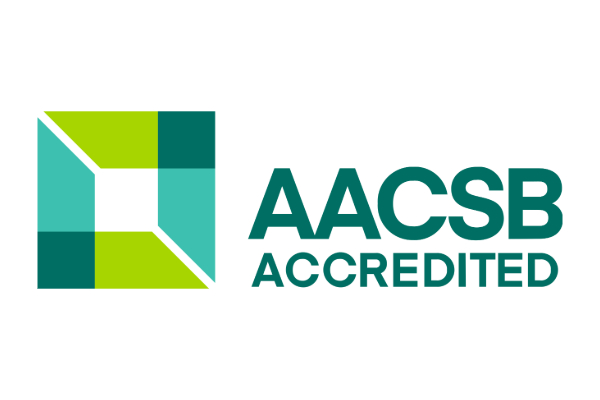
| In line with our mission "delivering programs responsive to the needs of business and society- graduate individuals accordingly", Sabancı Business School was given Association to Advance Collegiate Schools of Business (AACSB) accreditation in 2011. All the programs were re-accredited for another 5 years in June 2022. AACSB accreditation is considered as one of the oldest and most prestigious accreditations for business schools. Since its foundation in 1916, AACSB provides quality assurances, learning and development services to more than 1000 accredited business schools in at least 100 countries. Schools are assessed according to 21 criteria including education, research, curriculum, faculty and learning outcomes. The school and its programs are assessed every 6 year for the renewal of the accreditation. |

| Sabancı University's Faculty of Engineering and Natural Sciences holds EUR-ACE accreditation. This accreditation, conducted by MÜDEK, confirms the compliance of our educational programs with high standards and signifies quality assurance. Our accredited programs have been awarded the "EUR-ACE Label" by the European Network for Accreditation of Engineering Education. Additionally, MÜDEK is a full member of the Washington Accord, a multilateral accreditation recognition agreement under the umbrella of the International Engineering Alliance. |
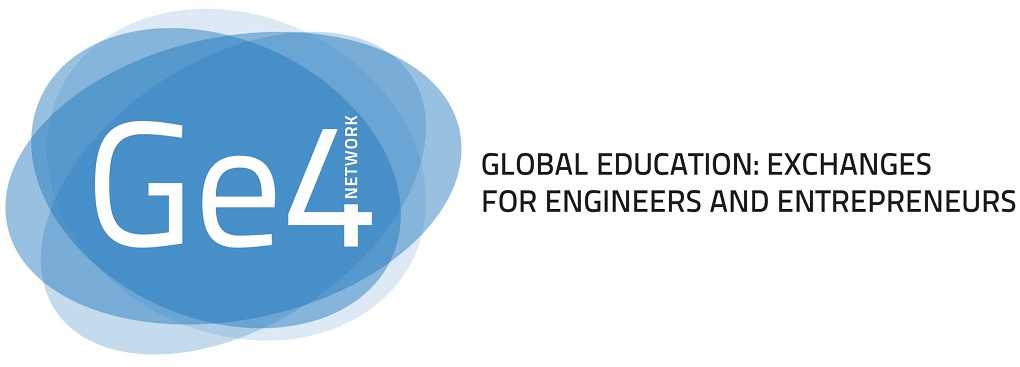
| Faculty of Engineering and Natural Sciences (FENS) has expanded its connections by joining the Global Education for European Engineers and Entrepreneurs (Ge4) Network. This significant partnership aligns FENS with some of the world’s premier Engineering and Management universities. As the newest member of the Ge4 Network, FENS is set to collaborate with over 36 universities across 15 different countries with two decades of experience in international student exchanges. |
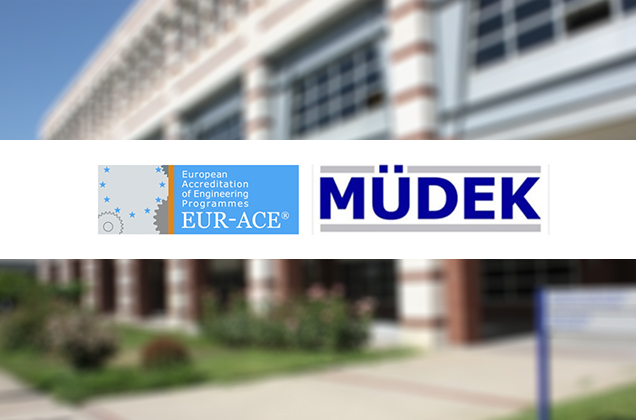
| Sabancı University's Engineering programs have been accredited by the Engineering Education Programs Evaluation and Accreditation Association (MÜDEK), the sole authorized organization in Turkey to grant accreditation in the field of engineering programs. |
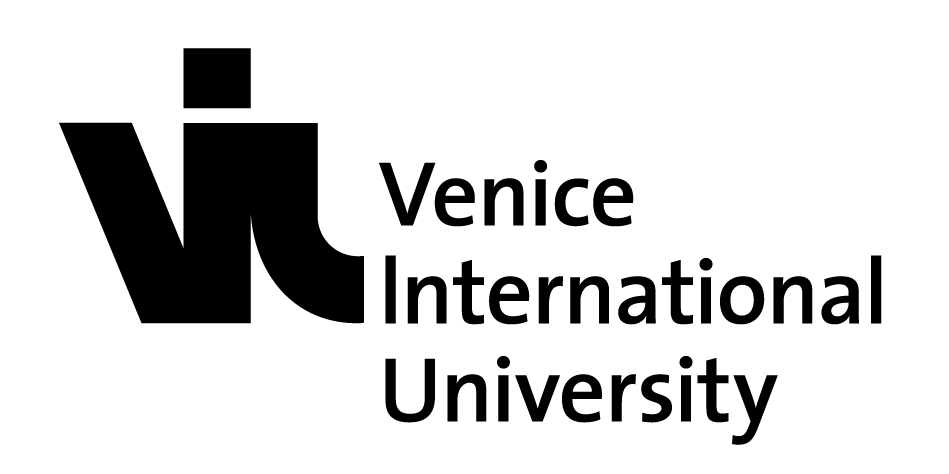
| Our university has taken an important new step in its international efforts and become a member of the Venice International University (VIU) Consortium. With this membership, our University will strengthen its international university network and offer a new knowledge and experience sharing platform for students, researchers, and academics. Founded in 1995 to develop joint programs across disciplines, continents, languages, and cultures, VIU is an international organization that offers an innovative approach to higher education. VIU, which has an autonomous structure in its academic field in Italy, has 25 members from 15 different countries of the world, including Duke University (USA), Boston College (USA), Korea University (Korea), KU Leuven (Belgium), European University at St. Petersburg (Russia), University of Exeter (England), Ludwig Maximilians Universität (Germany), Tsinghua University (China), Tel Aviv University (Israel), Tor Vergata University of Rome (Italy), University of Bordeaux (France), Waseda University (Japan), and the University of Lausanne (Switzerland). Sabancı University has become the first and only higher education institution from Turkey to become a member of the Consortium. |
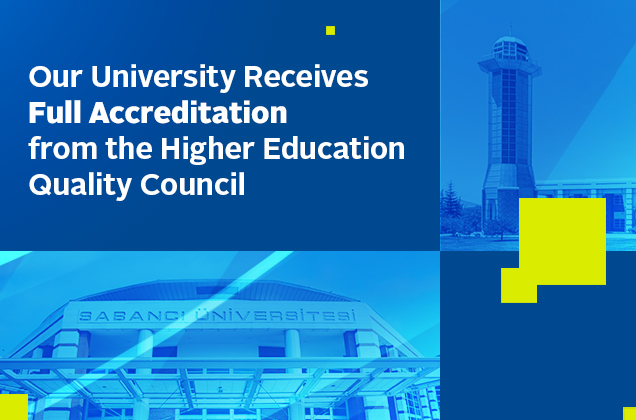
| Our university has received "Full Accreditation" within the scope of the Institutional Accreditation Program implemented by the Higher Education Quality Council (YÖKAK) in order to increase the quality and contribute to quality assurance in higher education institutions. In this way, Sabancı University became one of the few universities to receive “Full Accreditation” within the scope of the program this year. YÖKAK Full Accreditation, which is provided by evaluating criteria such as leadership, governance and quality, education, research and development, and social contribution, will be valid for 5 years. |
| The Global Humanities Network, established in 2020, has one simple but ambitious aim: to permanently transform the way we teach, research and think about the Humanities. The network, anchored at Cambridge University, brings together leading universities from around the world. Besides Cambridge: Fudan and Nanjing Universities in China, Ashoka University in India, the American University of Beirut in Lebanon, the University of Cape Town in South Africa, Universidad Diego Portales in Chile, and Sabanci University in Turkey. | |
The European University Association (EUA) represents more than 870 universities and national rectors’ conferences in 49 European countries. EUA plays a crucial role in the Bologna Process and in influencing EU policies on higher education, research and innovation. Through continuous interaction with a range of other European and international organizations, EUA ensures that the independent voice of European universities is heard. | |
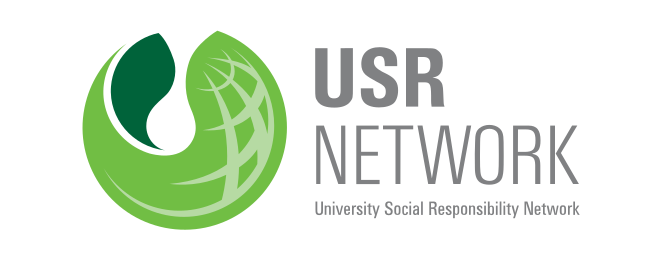 | Sabancı University’s Civic Involvement Projects joined the University Social Responsibility Network (USRN) to strengthen and increase the visibility of its work in the field of social responsibility on an international platform. Established in 2015 and based in Hong Kong, the USRN aims to foster collaboration among universities in the pursuit of a more just, inclusive, and sustainable world through social responsibility initiatives. Bringing together 21 member institutions from around the world, the network encourages the exchange of knowledge, experience, and best practices among universities. Through its USRN membership, Sabancı University’s Civic Involvement Projects aims to expand the impact of its socially responsible initiatives and promote them more broadly within international academic and civil society networks. |
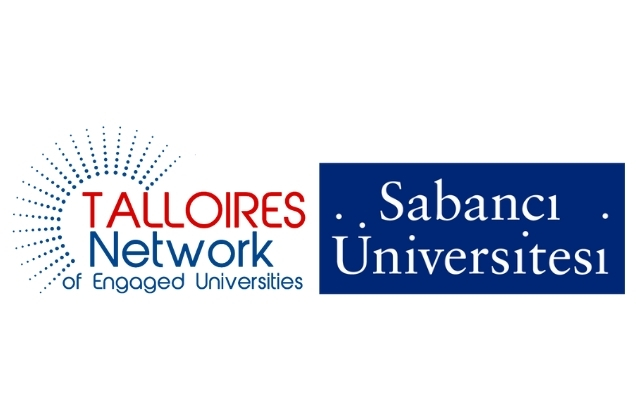 | Sabancı University Civic Involvement Projects (CIP) has become a member of the Talloires Network of Engaged Universities, which strengthens the social engagement of universities for a more just and sustainable world.
Talloires Network of Engaged Universities (TNEU) aims to strengthen the role of higher education institutions in serving society and fulfilling their social responsibilities, and encourages cooperation among member universities. This global network, which includes 445 universities from 92 countries, supports social responsibility in higher education and enables the exchange of good practices. The announcement of Sabancı University Civic Involvement Projects (CIP) becoming a member of the Talloires Network of Engaged Universities was also included in the TNEU February newsletter. |